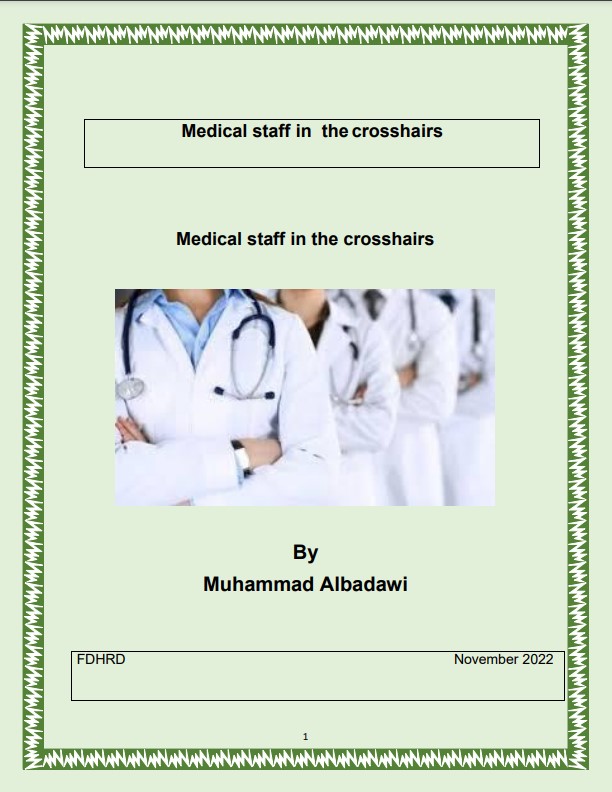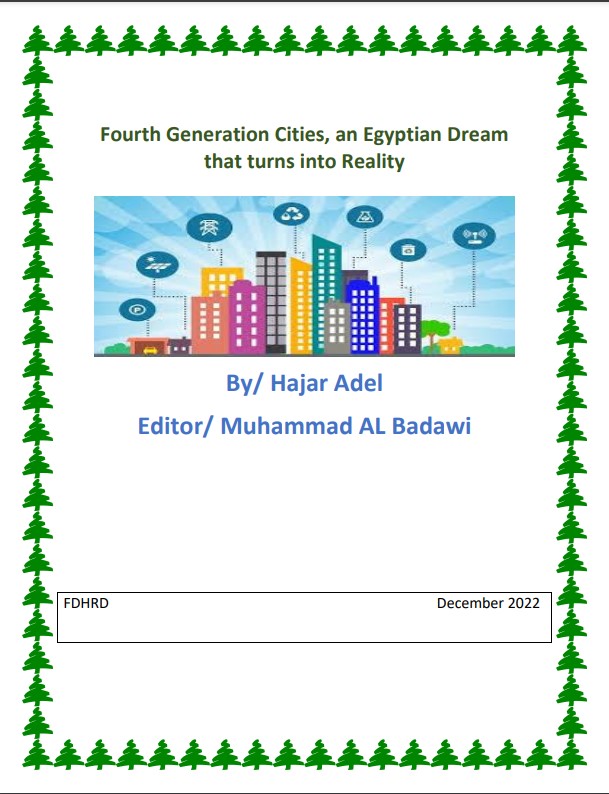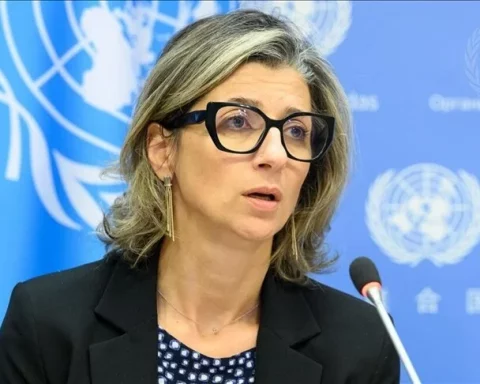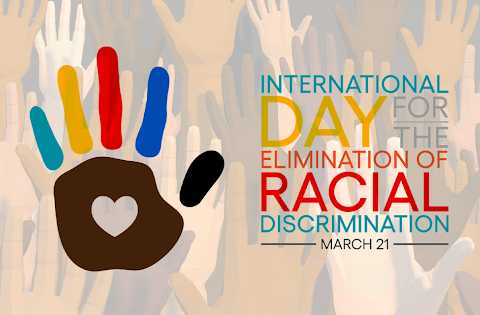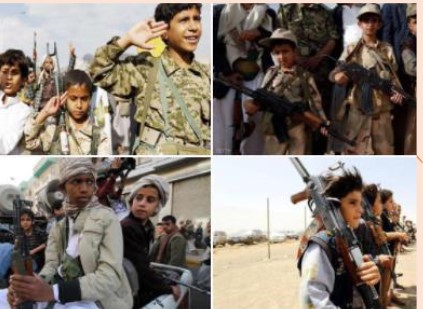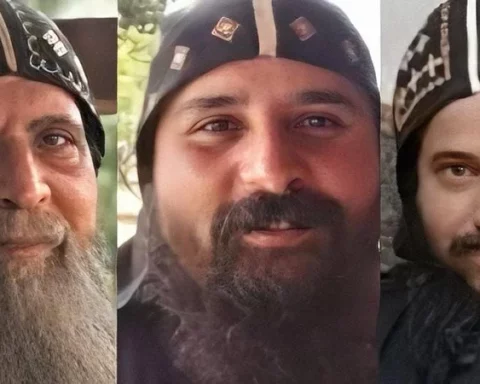Press Release
……………………………………………………………………
Today, Tuesday 29/11/2022, The Forum for Development and Human Rights Dialogue (FDHRD) issues its report, which deals with the negative impact of social media on children and the violation of their rights by exploiting them in social media videos.
The report confirmed that the use of social media as a modern social and cultural phenomenon has resulted in a set of positive and negative effects in the educational, social, psychological and health fields. The content created by users on social networking sites for children raises controversy and concerns, whether on the part of parents or education experts who fear that children will be affected by what they see. This will appear on their behaviour, morals, and habits, and it will take over their upbringing.
The report discussed this matter through several axes represented by the definition of social networking sites, and the clarification of the negative educational, educational, social, psychological, and health effects of their use on the child, and the study of the violation of children’s rights by their exploitation in social media channels by their families, and the psychological and social impact resulting from this exploitation. Presenting some examples of the exploitation of children in social media channels by their families, clarifying the role of the state in protecting children’s rights and making some recommendations.
The report emphasized that the danger of social media lies when it is not used in an appropriate way in the educational field. The utilization of social media for in the education process by students and teachers is very low despite the availability of the infrastructure. This reflects in its entirety that both teachers and students use social media to interact with others and for purposes other than education
Also, the excessive use of social networking sites is harmful to children and their delicate personality. They suffer today at all levels, socially, mentally, physically and emotionally. Celebrities on social networking sites today control the identity, values and health of an entire generation, and the impact of this appears on their mental health more than any aspect.
The report also referred to the most prominent negative effects that resulted from the use of social media by children, such as: excessive use, excessive consumption and weakening of creativity, distraction and disruption of sleep, spreading rumours and unrealistic views on the lives of others, incitement to hatred and violence, encouragement of crime and illegal acts, lack of interaction with the family, their isolation from society, and their immersion in their virtual world. This leads to many psychological diseases, including: social withdrawal and social phobia, in addition to lack of self-confidence, ease of being deceived by appearances, and lack of self-expression.
The report also indicated that the phenomenon of children being used by their families to make profits through YouTube and social networking sites represents a major problem in Egyptian society. Many of them sought to ride the trend and seek quick profit. Recently, social networking sites have witnessed many parents seeking to strip away the feelings of paternity and exploit and defame their children by publishing videos of situations in their daily lives that violate children’s privacy in laughable places and others that seek the sympathy of viewers.
It also referred to some examples of families exploiting children on social media to achieve profit.
In conclusion, the report made the following recommendations:
- Delaying children’s ownership of modern mobile phones as much as possible, and setting agreed conditions in consulting them that limit isolation and involvement in these sites.
- Finding alternatives of attractive, recreational and voluntary activities for adolescents and children within the family.
- Teaching children what is right and wrong, supervising them and guiding them to use this technology for good. Parents must avoid exploiting them in contents on social media in order to obtain profit and fame under the pretext of their talent and violating their right to childhood.
- Helping children learn how to keep personal information private, especially from strangers, as some people are not who they claim to be.
- Reminding children that what happens online stays forever and is hard to delete (messages, photos, videos).
- Teaching children to always respect the personal information of friends and family and not to share any information about others that may cause them any embarrassment or harm.
- Paying attention to signs of distress in the child, such as: withdrawal, annoyance, or obsession with online activities.
- Setting time limits for using social networking websites and encouraging the child to play in the real world.
- Refraining from using technology as a means of pressure, reward or blackmail.
- Teaching children about polite behaviours and good manners in various situations, especially on social networks in which some social and political issues may be raised.
For his part, Saeed Abdel Hafez, Chairman of the FDHRD, called for protecting children from the dangers of social media and the need to educate parents about these dangers through the media. He also stressed the need to move away from the exploitation of children in social media channels and the need to develop laws to protect children from this exploitation, which harms future generations and the interest of our children.
Zainab Saleh Salem, a researcher at the FDHRD, stressed the need for parents to avoid exploiting the innocence of their children and turning them into a commodity in order to gain money and fame. This phenomenon must be stopped because of the gross violation of the right of innocent childhood that these children must live through during this period of their lives.


